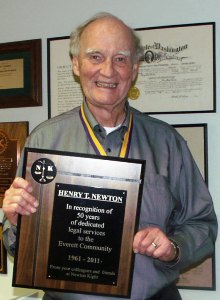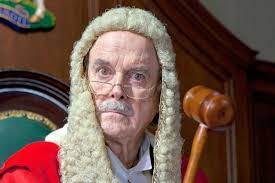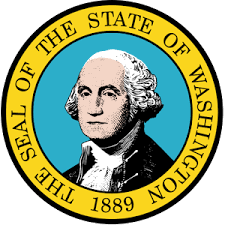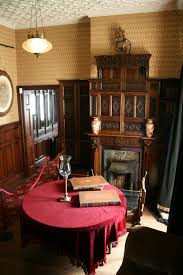Experienced- This term means our lawyers have witnessed the broad spectrum of the legal landscape each client brings to the table. Our lawyers advice may touch on other areas of the law the client may not recognize exist.

It also means we often times project likely results based on years of work in and out of courtrooms. With each client a touchstone of care includes the recognition what we do will impact the client and his or her family for years to come.

Because our lawyers are experienced, the quality of care each client receives at Newton Kight LLP is superior in the following fields; Guardianship, Elder Law, Wills and Trusts, Estate Planning, Probate, Litigation, Personal Injury, Landlord Tenant Issues, the spectrum of Family Law including adoption, paternity, prenuptial agreements, and divorce, as well as business formation. Often we find these fields overlap.
Depth of Character- Many of the lawyers in our firm are the sons and daughters of lawyers who practiced before them. We were born to this profession, and the character of earlier generations lives on here.
Our attorney’s put the client first, weighing their immediate concerns within the broad complex legal landscape that we all now live in.
Affordable- It is not unusual for our client’s to finish the legal project or resolve the legal problem presented and find the cost to be more modest than expected. A reasonable fee is part of the experience and character of our firm.
Litigation is by its nature more expensive. We are careful to recognize this fact and weigh, with the client, the costs of how to resolve any particular conflict.
Accessible- Located in downtown Everett, with ample parking our firm is an easy drive from Seattle, Bellevue and Mount Vernon and points east and west.
We would be happy to talk to you first before any commitment to hire us is made, so give us a call at 425-259-5106.
Click Here for a list of our Attorneys and Legal Services.

 The fact is that the Court has no part in deciding who the beneficiaries and devisees of a person’s estate will be. If a person has made a valid Last Will and Testament, then that document will be the sole means for determining the beneficiaries of that persons estate. If the deceased fails to make a Will, (and has made no other quasi-testamentary provisions for the transfer of their assets on death such as a community property agreement or a joint tenancy with right of survivorship account), then the laws of intestate succession (primarily RCW 11.04.015) will determine who the heirs of the Estate will be. This is a determination made by the legislature – NOT THE COURTS – that in the absence of a valid Will, an intestate estate will pass to the decedent=s nearest living relatives by order of nearest consanguinity.
The fact is that the Court has no part in deciding who the beneficiaries and devisees of a person’s estate will be. If a person has made a valid Last Will and Testament, then that document will be the sole means for determining the beneficiaries of that persons estate. If the deceased fails to make a Will, (and has made no other quasi-testamentary provisions for the transfer of their assets on death such as a community property agreement or a joint tenancy with right of survivorship account), then the laws of intestate succession (primarily RCW 11.04.015) will determine who the heirs of the Estate will be. This is a determination made by the legislature – NOT THE COURTS – that in the absence of a valid Will, an intestate estate will pass to the decedent=s nearest living relatives by order of nearest consanguinity.

 There is then a process set forth in some detail for applying to the Court to probate the Will and appoint a Personal Representative of the
There is then a process set forth in some detail for applying to the Court to probate the Will and appoint a Personal Representative of the Estate. Once the Personal Representative has been appointed, RCW 11.28.237 requires the Personal Representative to mail or personally serve a notice of the pendency of the probate to all heirs and beneficiaries. However, it doesn’t specifically require that a copy of the Will itself be mailed or served on the same heirs and beneficiaries.
Estate. Once the Personal Representative has been appointed, RCW 11.28.237 requires the Personal Representative to mail or personally serve a notice of the pendency of the probate to all heirs and beneficiaries. However, it doesn’t specifically require that a copy of the Will itself be mailed or served on the same heirs and beneficiaries.